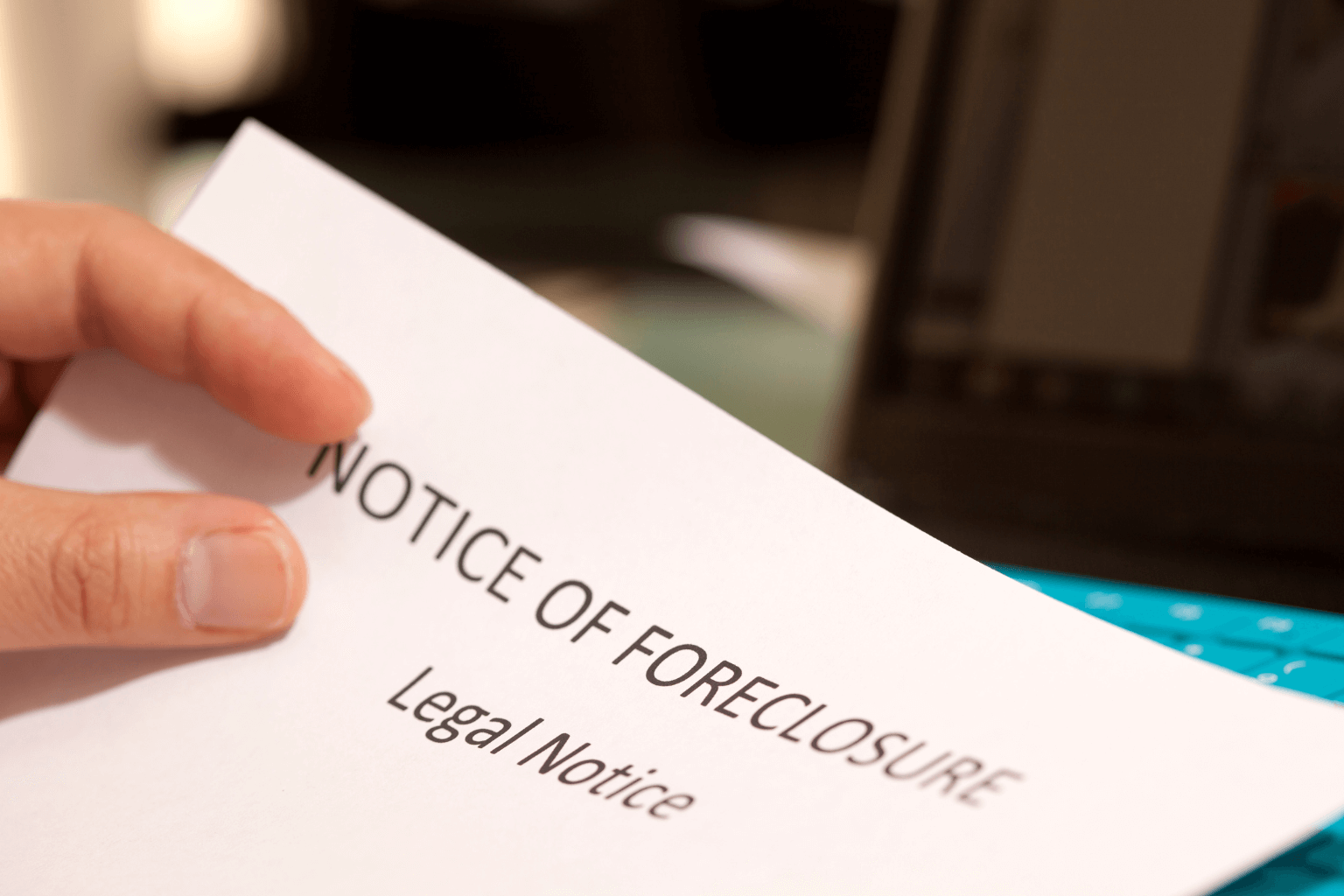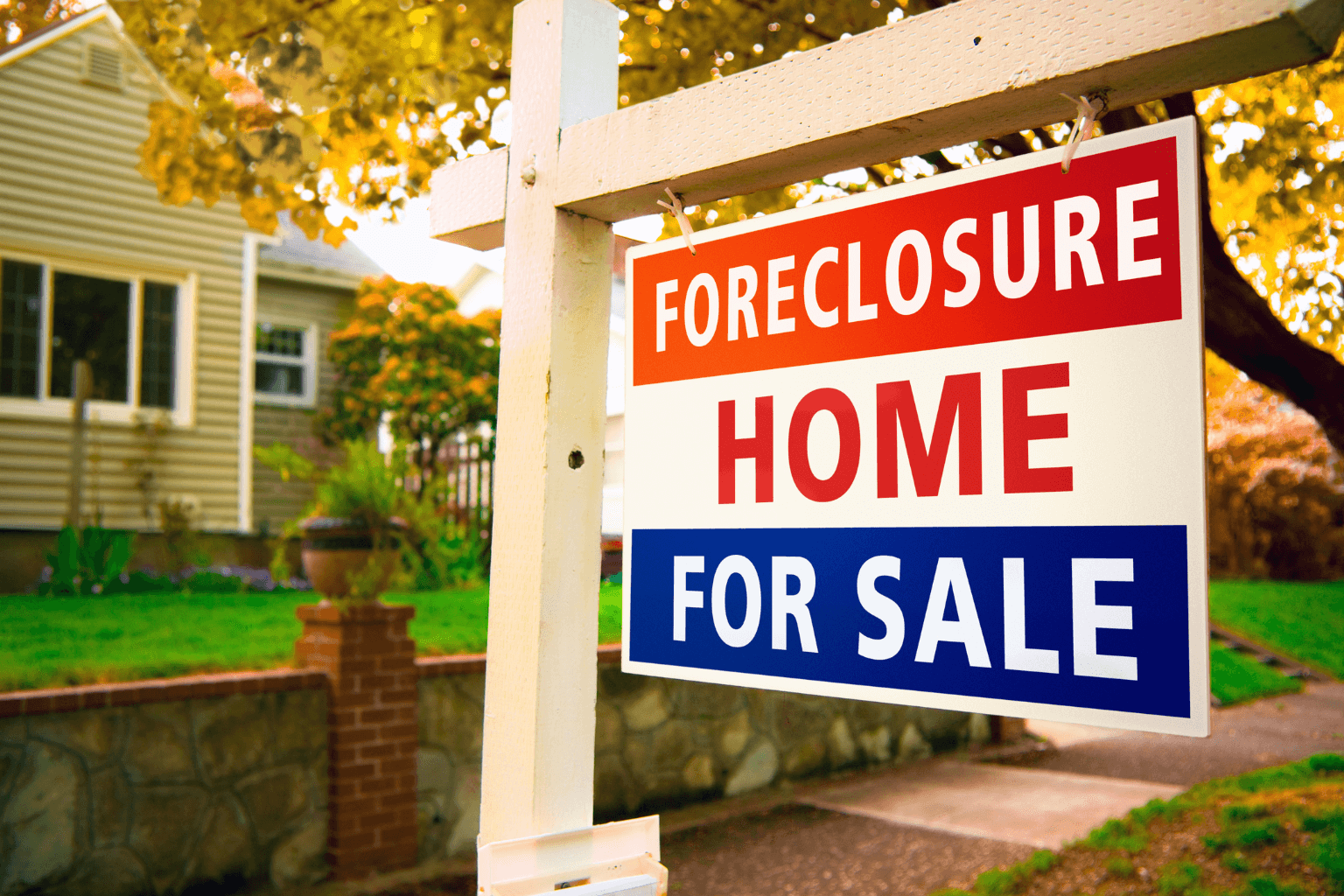How to Sell a Foreclosed Home Without a Real Estate Agent
Facing foreclosure can feel overwhelming, but you can sell a home in foreclosure without an agent if you act fast and stay informed. During the pre-foreclosure stage, you still retain control, which means you have the opportunity to sell the home yourself. While it takes effort, this route can help save on commissions and allow you to manage the sale on your terms. Below, we break down what steps to take, how to communicate with your Lender, and how to handle offers—all without needing a real estate agent.
Understanding the Foreclosure Process
Foreclosure is a legal process that begins when you miss mortgage payments, typically after three to six months of non-payment. The Lender sends a notice and may initiate proceedings to repossess the home. During this pre-foreclosure period, you still own the property and can choose to sell it before it's auctioned. Selling early can minimize credit damage and help you pay off what you owe, or at least reduce your financial burden.
If you're unsure what happens after foreclosure, this quick video gives a clear breakdown of what to expect if a home isn't sold in time. Understanding the timeline and consequences helps motivate smart action early in the process.

Hot Topic You Might Love: "If you're enjoying this, don't miss our latest post — Stop Foreclosure in California. It's getting attention and might just surprise you."
Can You Sell a Home in Foreclosure Without an Agent?
Yes, you can. Selling a home during the pre-foreclosure phase gives you a chance to avoid repossession and preserve your credit. Going the "for sale by owner" route can save thousands in agent commissions, but it requires preparation. From getting an accurate market value to marketing your home and negotiating offers, you'll be in charge of every step.
Many homeowners seek to sell their house quickly during foreclosure to avoid legal complications and save time. Cash buyers and investors often seek out these opportunities, offering a quick solution, albeit at a price often below market value.
If you're currently in pre-foreclosure, this step-by-step guide on selling during pre-foreclosure in California will walk you through your rights, timeline, and best strategies to avoid losing your home entirely.
Steps to Sell a Home in Foreclosure Without an Agent
1. Determine Your Home's Market Value
Use online tools like Zillow or Redfin and review similar local listings. This helps you set a competitive asking price and avoid overpricing, which could delay your sale.
2. Notify Your Lender
Let your mortgage provider know you're planning to sell. This might pause foreclosure proceedings, giving you time to close the sale. Be prepared to submit documents, such as a hardship letter or listing agreement.
3. Get All Documents in Order
Prepare mortgage statements, foreclosure notices, and tax records. If you're considering a short sale, you'll need to provide financial documents and obtain lender approval.
4. Market the Property
List your home on websites like Facebook Marketplace, Craigslist, or real estate forums. Use clear photos and honest descriptions. Consider posting a yard sign and sharing your listing in local community groups.
| Step | Action | Purpose |
|---|---|---|
| Determine Market Value | Use online estimators and local data | Set a competitive asking price |
| Notify Mortgage Lender | Inform them of our intent to sell | Required to halt foreclosure |
| Gather Necessary Documents | Collect loan statements and notices | Guarantee smooth transaction |

Why Property Valuation Matters in Foreclosure Sales
An accurate home valuation is crucial for a fast sale. You don't want to underprice and lose money, or overprice and scare away buyers.
Use Online Tools
Start with free estimators. Use multiple platforms to get a pricing range.
Consider a Professional Appraisal
While not free, a certified appraiser provides an official report, which can aid in lender negotiations and attract serious buyers.
According to Investopedia, a home appraisal determines the fair market value of a property, which is critical when selling during foreclosure or seeking lender approval for a short sale.

Communicate Openly with Your Lender
Informing your Lender That you plan to sell a home in foreclosure without an agent is crucial. Lenders may delay foreclosure if they know you're actively trying to sell.
- Submit written notice of your intent to sell.
- Request a payoff statement to learn precisely how much you owe.
- Ask about short sale options if your home's value is less than your mortgage balance.
Keeping your lender in the loop prevents surprises and builds trust.
Should You Consider Cash Buyers?
If time is tight, cash buyers may be your best bet. They buy homes "as-is" and often close in under 30 days. While you may receive a lower offer, the trade-off is speed and simplicity. These investors are experienced in purchasing homes in foreclosure and can efficiently handle liens or title issues.

If you're selling in American Canyon, California, you may find local cash buyers who are ready to make an offer—fast.
Challenges of Selling Without an Agent
Going solo has its hurdles:
- Legal complexities, such as lien releases or title issues.
- Limited exposure—no MLS listings means fewer buyers.
- Negotiation pressure without an experienced intermediary.
- Paperwork pitfalls, especially if you're unfamiliar with real estate contracts.
Still, with research and organization, these challenges are manageable.
Your Legal Responsibilities

Even without an agent, you're legally required to:
- Notify your Lender of the sale.
- Pay off any outstanding mortgage balance.
- Secure a written agreement from all co-owners.
- Disclose any known issues with the property to potential buyers.
When in doubt, you can consult a real estate attorney or foreclosure counselor.
What Happens After You Accept an Offer?
Notify Your Lender
Send a copy of the purchase agreement and confirm the sale details. This step is key to halting the foreclosure.
Prepare for Closing
Coordinate with the buyer to complete inspections, secure a payoff letter, and finalize the paperwork. Be prepared to resolve any liens or title issues that may arise.
| Step | Action Required |
|---|---|
| Notify Lender | Inform them of buyer’s intent |
| Gather Documents | Collect payoff statement and more |
| Complete Paperwork | Transfer ownership and settle debts |
| Communicate with Buyer | Keep lines open to address concerns |

Conclusion
While the process may seem daunting, you can sell a home in foreclosure without an agent, especially during the pre-foreclosure phase. By staying organized, communicating with your Lender, and possibly working with a cash buyer, you can avoid costly mistakes and close the deal on your terms. Take control of your situation today and explore your best options for a fresh start.





